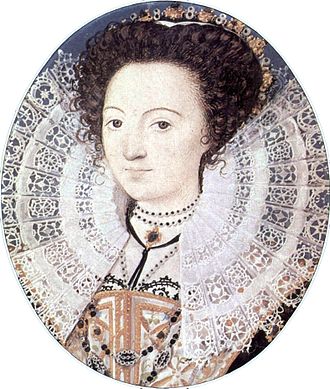to be practised by euell dispo- sed men, who forgetting they were borne of women, nourished of women, and that if it were not by the means of women, they would be quite extinguished out of the world: and a finall ende of them all
These are also some beautiful lines in tis text! I understood exactly this in one of the earlier lines. Basically a lot of men do not give women the respect they deserve. They look at themselves above women and see themselves as superiors, but in reality it is women who gave birth to almost everything in life and they raised us and took care of us so basically if it were not for women bringing us into this world we would not have been possible.


